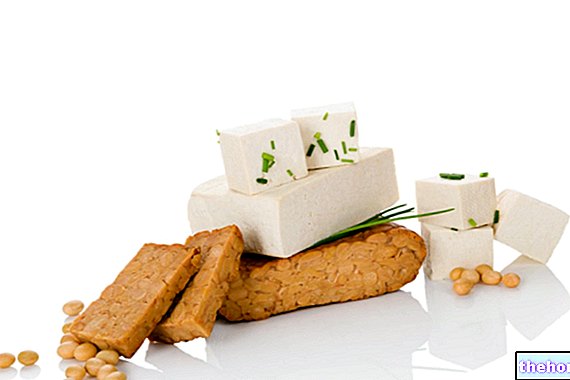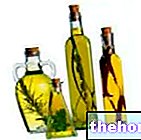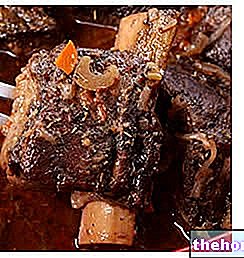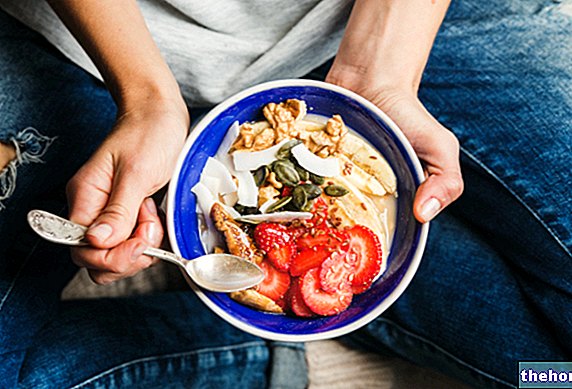Edited by Doctor Giancarlo Monteforte
After the synthesis of saccharin, synthetic sweeteners have been the focus of numerous studies aimed at clarifying their metabolism and possible toxicity.
Older generation sweeteners are the most consumed and most studied:
- Aspartame
- Saccharin
- Cyclamates

Toxicity
The potential toxicity of synthetic sweeteners has long been discussed, many researchers have investigated and still investigate the link between sweeteners and carcinogenesis.
Laboratory animals treated with high doses of sweeteners developed tumors:
- Lymphomas
- Leukemia
- Tumors of the bladder
- Brain tumors
Although this link has not yet been clearly demonstrated in humans, consumers are very concerned about the quality and safety of food products containing sweeteners.
A 1977 study published in the prestigious Lancet journal positively correlated bladder cancer risk with saccharin consumption.
Subsequently, epidemiological studies conducted in the human population have not shown an increased risk of lower urinary tract (bladder) cancer in users of artificial sweeteners.
Metabolic Effects
Researchers' attention has recently shifted to the metabolic effects of synthetic sweeteners, which have resulted in weight gains and body composition changes in laboratory animals.
It has been shown that "light" drinks and artificial sweeteners influence glycemic homeostasis by increasing incretin levels when taken after a carbohydrate load. This data, which translates into an "altered response to sugars, could have important consequences for both diabetics and healthy subjects who follow a low-calorie diet.
Control of appetite
It is also investigating whether sweeteners could increase appetite and lead to paradoxical weight gain. This observation, like oncogenesis, is also not supported by consistent and reproducible data.
In summary:
- Oncogenesis and sweeteners: relationship observed in animals but not sufficiently clarified in humans
- Glycemic homeostasis and sweeteners: recent studies show sweeteners are not metabolically inert
- Appetite control and sweeteners: relationship observed in humans but not yet confirmed
Bibliography
Lancet. 1977 Sep 17; 2: 578-81.
Artificial sweeteners and human bladder cancer.
Howe GR, Burch JD, Miller AB, Morrison B, Gordon P, Weldon L, Chambers LW, Fodor G, Winsor GM.
Ann Oncol. 2004 Oct; 15: 1460-5.
Artificial sweeteners - do they bear a carcinogenic risk?
Weihrauch MR, Diehl V.
N Engl J Med. 1980 Mar 6; 302: 537-41.
Artificial sweeteners and cancer of the lower urinary tract.
Morrison AS, Buring JE.
Diabetes Care. 2009 Dec; 32: 2184-6. Epub 2009 Oct 6.
Ingestion of diet soda before a glucose load augments glucagon-like peptide-1 secretion.
Brown RJ, Walter M, Rother KI.
Am J PhysiolGastrointest Liver Physiol. 2009 Apr; 296: G735-9. Epub 2009 Feb 12.
Effect of the artificial sweetener, sucralose, on gastric emptying and incretin hormone release in healthy subjects.
Ma J, Bellon M, Wishart JM, Young R, Blackshaw LA, Jones KL, Horowitz M, Rayner CK.
Nutr Rev. 1995 Jan; 53: 1-7.
Intense sweeteners and the control of appetite.
Drewnowski A.
Other Foods - Sweeteners Acesulfame K Aspartame Sugar beet Sugar cane Sodium cyclamate Dextrose Sweeteners Erythritol Fructose Maltose Mannitol Molasses Saccharin Saccharose Maple syrup Agave syrup Fructose syrup Glucose syrup Sugar sorbitol Articles Stevia Sucralitol sugar SWEETENERS Categories Alcoholic Foods Meat Cereals and derivatives Sweeteners Sweets Offal Fruit Dried fruit Milk and Legumes Oils and Fats Fish and fishery products Salami Spices Vegetables Health recipes Appetizers Bread, Pizza and Brioche First courses Second courses Vegetables and Salads Sweets and Desserts Ice cream and sorbets Syrups, liqueurs and grappas Basic Preparations ---- In the Kitchen with leftovers Carnival recipes Christmas recipes Light diet recipes tici Recipes for the Holidays Recipes for Valentine's Day Vegetarian Recipes Protein Recipes Regional Recipes Vegan Recipes
















.jpg)











